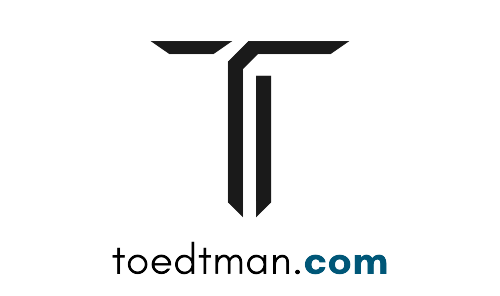Cover Letters that stand out from the competition…
- Identify a relationship – You will receive a higher response rate from recruiters when you identify an experience that connects you with the recipient in the opening line. How did you hear about this organization? Have you ever visited their site, met an employee, heard a presentation at a conference, read a news article about the company, or used their product? If you haven’t, it’s a great excuse to get out from behind a computer screen. Get to know the company from a new perspective. Referencing personal knowledge of the company will help you stand out.

- Target needs – The cover letter is all about what you bring to the company. Show the recruiter that you have the expertise to solve the prospective employer’s pain. Be concise. Cut down your word count. Focus on the key points that clearly define how your qualifications and experience address the company’s needs.
- Avoid the passive voice – Most candidates rarely write about their individual actions in day-to-day work, so the personal focus of a cover letter format might feel foreign at first. Too often we talk about a project that “got done” during our time working in an organization. Switch into third person to push yourself to speak with confidence about the actions that you achieved. Build the letter in first person with authority and confidence.
- Value volunteer experience – frequently we maintain a mentality that the things we spent time on outside of work or class weighs less than work we were paid to do. Unpaid status does not take away from the skills learned and the impact of your work while serving with a volunteer organization. Highlight the work experience that you bring from volunteer positions. It may in turn help you to land a position in which you can serve your community full time – with a paycheck!
- Quantify your impact – Qualitative descriptors are open to a greater range of interpretation than quantitative results. Present the n
 umber of people you reached, the increase in sales or costumer quotas, rating in job performance, etc. Numbers can give weight to your actions that reassure a hiring manager that your experience is significant.
umber of people you reached, the increase in sales or costumer quotas, rating in job performance, etc. Numbers can give weight to your actions that reassure a hiring manager that your experience is significant. - Edit and revise – If the potential job matters to you, edit. There is no place for spelling errors in a cover letter. Reach out to friends or previous co-workers to workshop a letter. New eyes bring an important perspective into the presentation of your skills. This is a great opportunity to grow and strengthen as a writer. Keep in mind, a recruiter will be looking at not just what you’ve done but how well you communicate in professional writing.
- Put yourself in the recruiter’s chair – Read your cover letter as if you were the recruiter. Would you want to know more about this person? Would you want to hire this person? Would you be willing to get stuck sitting next to this person on a flight? If the answer is no, restart! Each step is progress to your next job placement. Your hard work counts!


